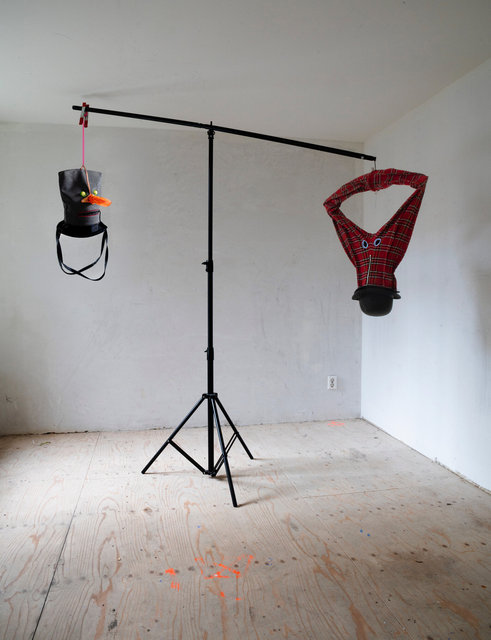
i just can't say, maybe tomorrow, 2024
textile, leather, aluminium, 200 x 210 x 7o cm
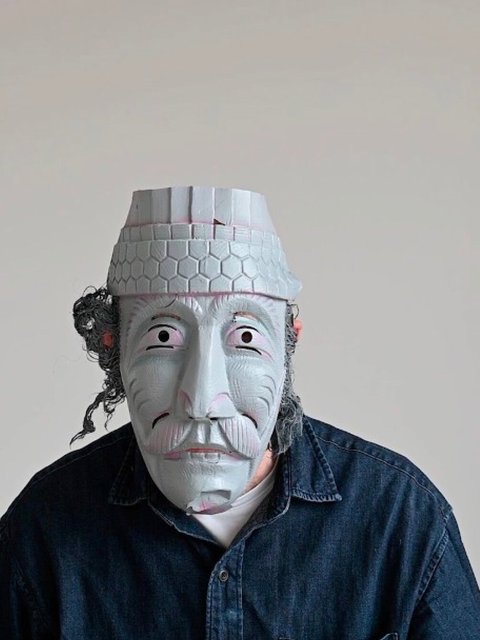
Don't wake me up, 2024
video on iPad 00.00.50 ed 3
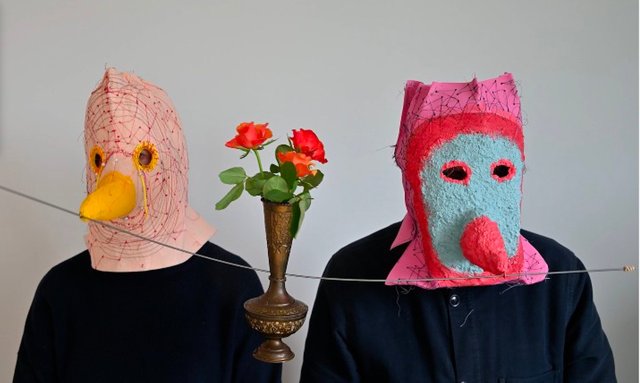
ups and downs, 2024
video on iPad 00.00.50 ed. 3
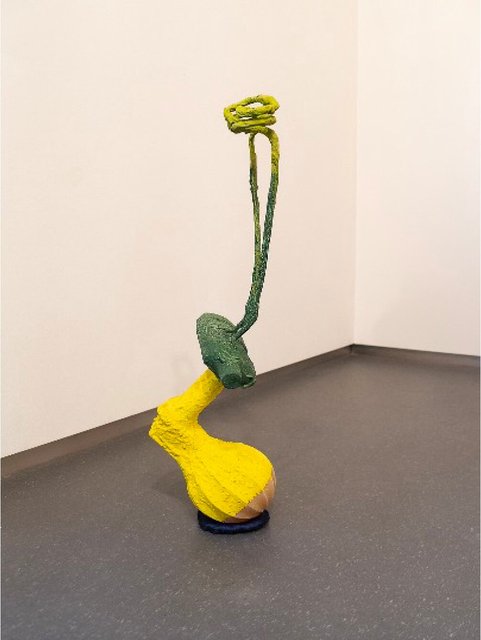
it's a part of me, 2025
tape, epoxy, plastic, glass 80 x 40 x 32 cm
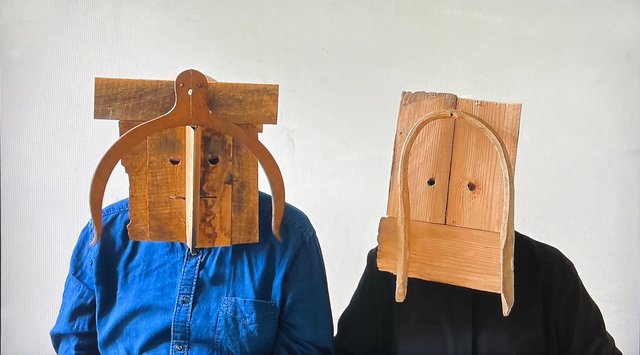
gutteguttegut, 2024
video on iPad 00.00.50 ed 3
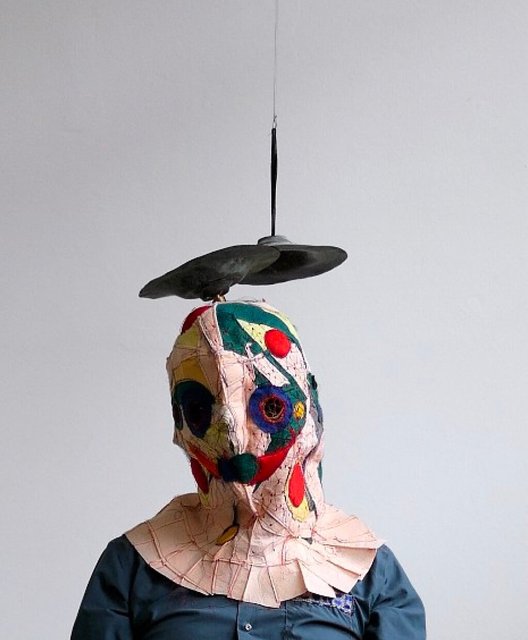
in between, 2025
ideo on iPad 00.00.50 ed 3
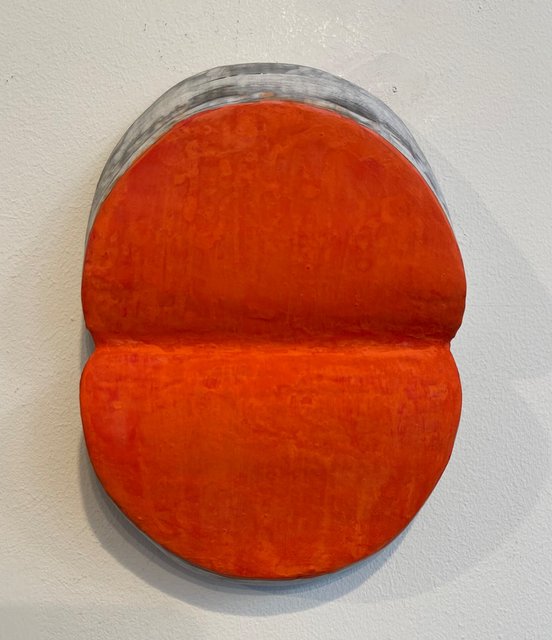
tongue in cheek, 2023
paper, epoxy, paint 22 x 13 x 4 cm
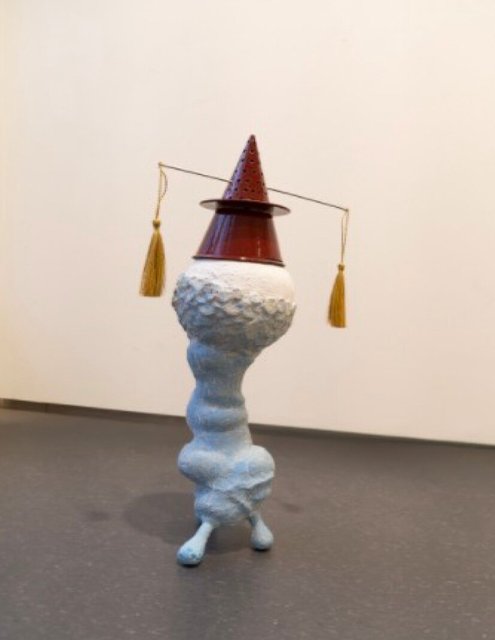
the girl who named things, 2025
textile, wood, iron 62 x 28 x 19 cm
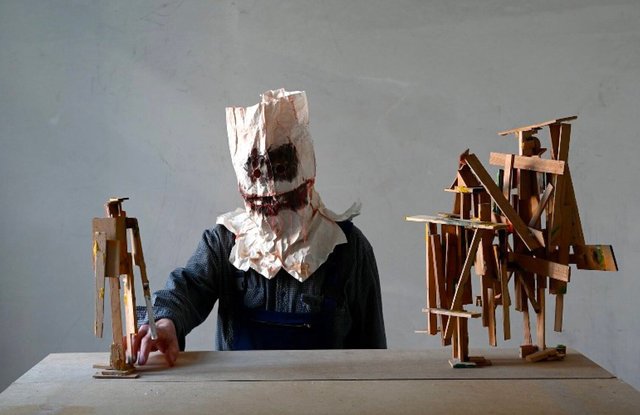
it was not me, 2025
video on iPad 00.00.50 ed 3
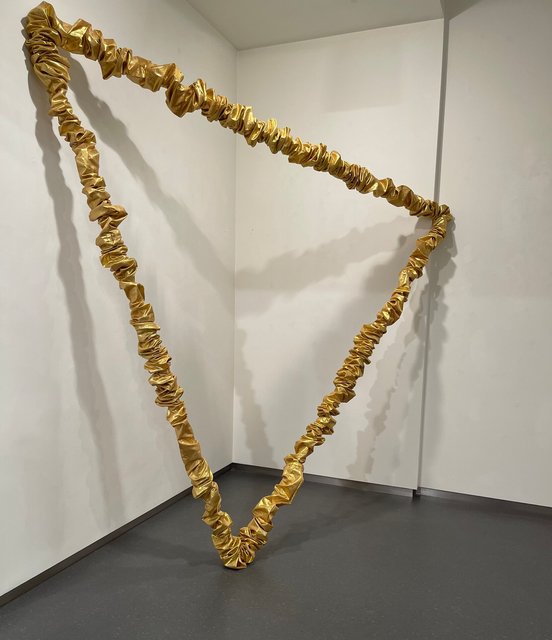
heen en weer, 2025
textile, wood, iron 210 x 200 x 180 cm
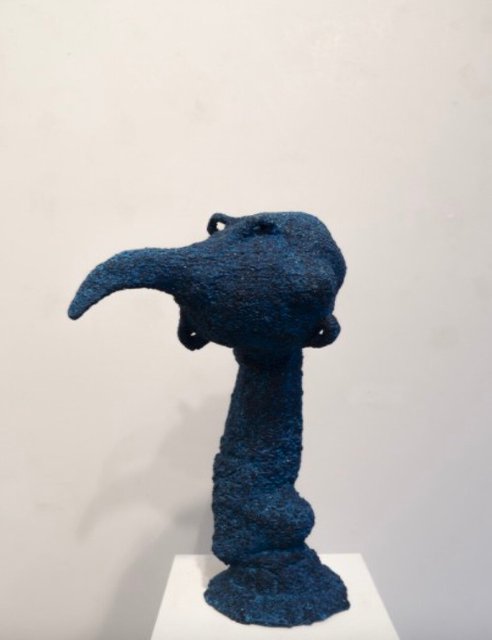
het is goed zo, 2024
textile, wood, iron 48 x 16 x 29 cm
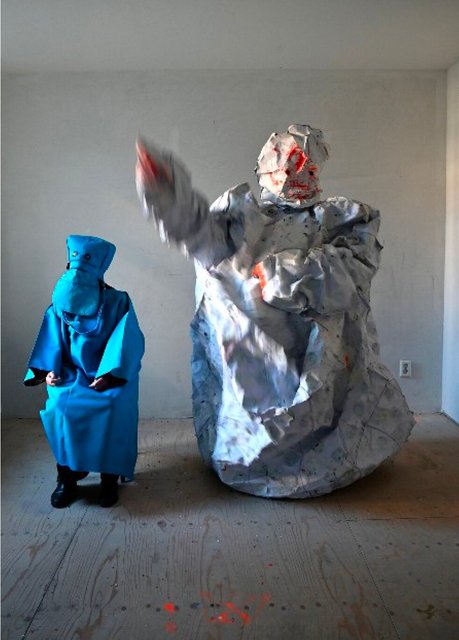
he needs space, 2025
video on iPad 00.00.50 ed 3
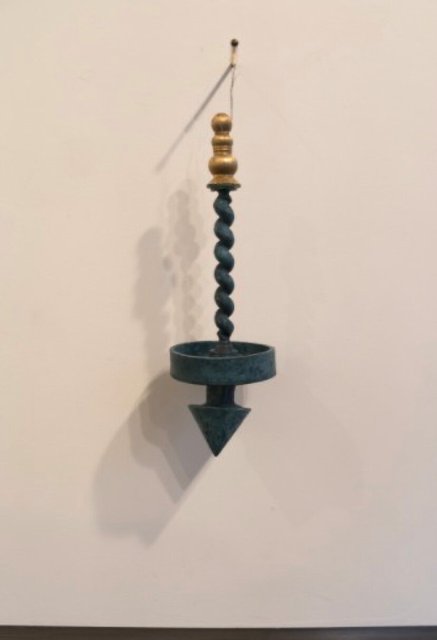
situational object, 2025
wood, brass, epoxy 50 x 20 x 20 cm
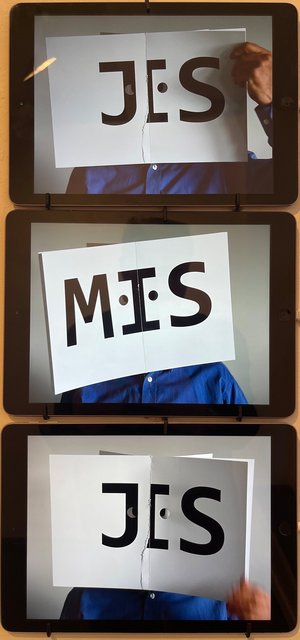
ik mis je (3 parts), 2025
3 videos on iPad 00.00.50 ed 3
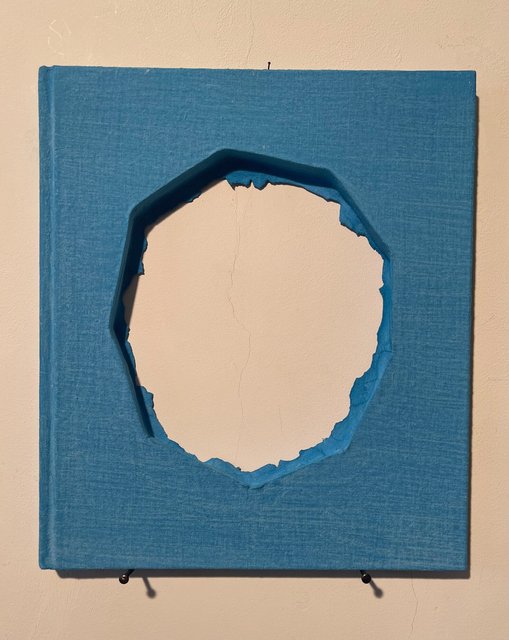
lost in translation. 2023
paper, acrylate plaster, pigment 29 x 25 x 2 cm
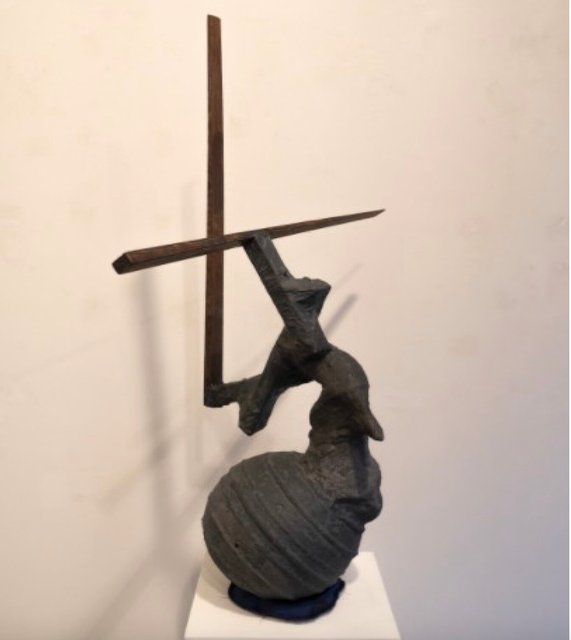
tell me when the birds are singing, 2025
textile, wood, iron 89 x 54 x 30 cm
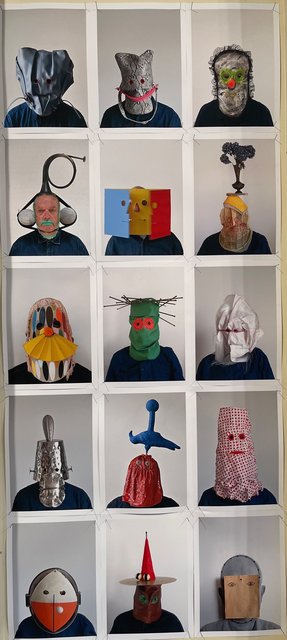
family portraits, 2025
inkjet 329 x 241 mm ed 5
